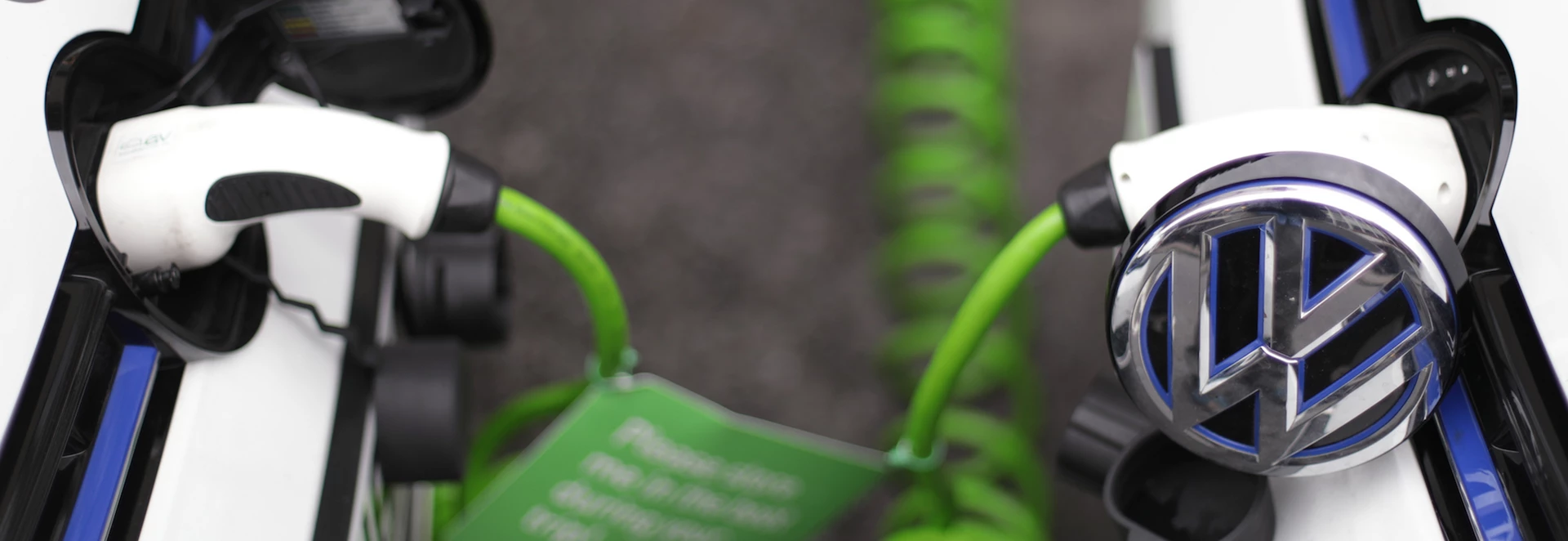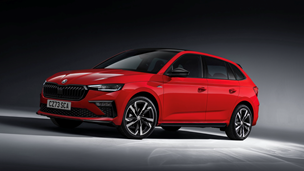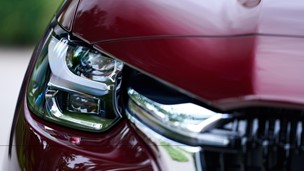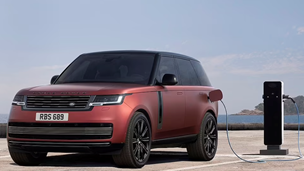Research released today has shown that electric vehicle owners should consider charging them during the night when general consumption is much lower.
The findings from Aurora Energy Research found that between the hours of 10pm and 6am, people could charge their vehicles over three times faster and pay a lower price in the process.

The report also showed that at peak times between 4pm and 6pm charging speeds drop dramatically and prices are at their highest, which would also affect the overall state of the power grid and put a large strain on energy suppliers.
If customers employ smart charging tactics – as this report suggests – overall energy prices could decrease at peak times and help EV owners save up to £170 on electricity bills every year.
With predictions in the report suggesting there will be 10 million EVs on the road by 2035 – compared to the current 120,000 – that would lead to an increased pressure of 19TWh (terawatt hours) on the National Grid, meaning more environmentally friendly solutions need to be found to keep up with the demand.
Richard Howard, head of research at Aurora, told the Guardian: “There are many scare stories out there suggesting our power system cannot cope with the growth in electric vehicles.

“On the contrary, our research suggests that, provided EV charging is smart, the GB power system can easily accommodate 15m-plus electric cars.”
Howard added: “You need to have the technology in place and suppliers offering tariffs and behavioural change. There is also a role for government.”
The findings also predicted that the total market share of battery electric vehicles and plug-in hybrids will be 81 per cent by the time the government’s plans to stop the sale of cars with internal combustion engines installed in 2040.
Vehicle price parity would also take a long time, as Aurora predicts EVs won’t be at similar price point until well into the 2030s as battery technology becomes more affordable the longer development and refinement process takes.




